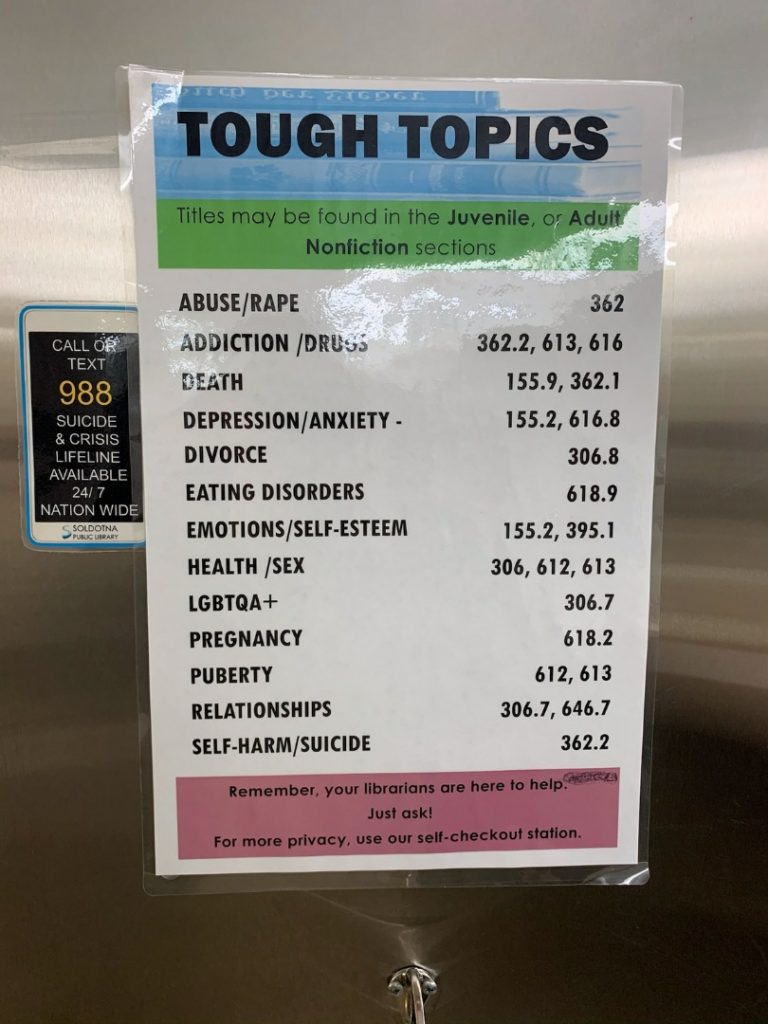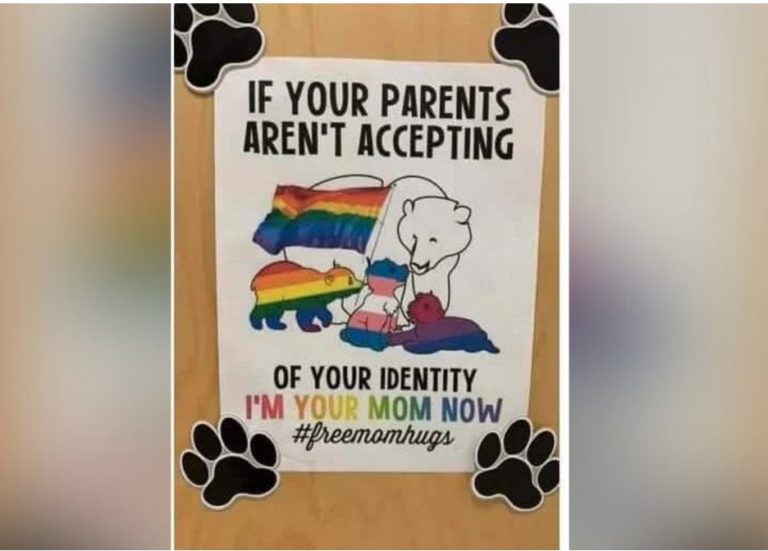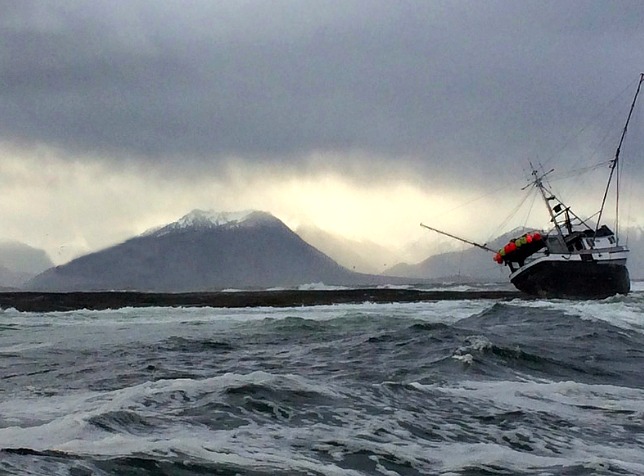Workers at two Spenard Building Supply manufacturing sites voted to remove the Pacific Northwest Regional Counsel of Carpenters union by an overwhelming majority of 17-6. The vote affects about two dozen workers at the Birchwood and Eklutna plants.
A petition filed by Scot Breuer with the National Labor Relations Board Region 19 led to this successful vote.
Breuer, with assistance from the National Right to Work Legal Defense Foundation, filed the petition with the NLRB on March 31, supported by many of his coworkers. Under federal labor law, workers can trigger a decertification vote with the support of 30% or more of workers in a unionized workplace.
On April 12, the NLRB issued an election notice to all parties involved that stipulated an election date for ended May 2, votes counted
Spenard Building Supply employees made their position on the union clear when over two-thirds of the workers voted to remove the union from their workplace. Barring objections by union officials seeking to overturn the vote, the workers will be officially free of the union in one week.
NLRB data shows a unionized private sector worker is far more likely to be involved in a decertification effort as their nonunion counterpart is to be involved in a unionization campaign. The Spenard Building Supply election is one such example of workers leaving union control.
NLRB data show a 20% increase in decertification petitions in 2022 over the previous year.
The NLRB’s union decertification process is historically prone to union-created roadblocks. National Right to Work Legal Defense Foundation-backed NLRB reforms from 2020 made it somewhat easier for workers to remove unwanted unions, such as the “Election Protection Rule” that prevents union bosses from filing “blocking charges” meant to delay or stop decertification elections entirely.
Prior to these reforms, workers often had their decertification votes delayed by unproven union blocking charges, giving union bosses the power to trap workers in union ranks they oppose nearly indefinitely. Under the reforms most votes take place promptly, with union blocking claims adjudicated later, after the votes have been counted.
However, the Biden Administration is trying to roll back these protections and make it harder for workers to decertify a union.
“We are extremely pleased to help these Alaskan workers exercise their right to remove a union they want nothing to do with. With over two-thirds of the votes being cast in favor of removing the union, this case is a clear example as to workers’ growing dissatisfaction with compulsory unionism,” said Mark Mix, President of the National Right to Work Legal Defense Foundation.








